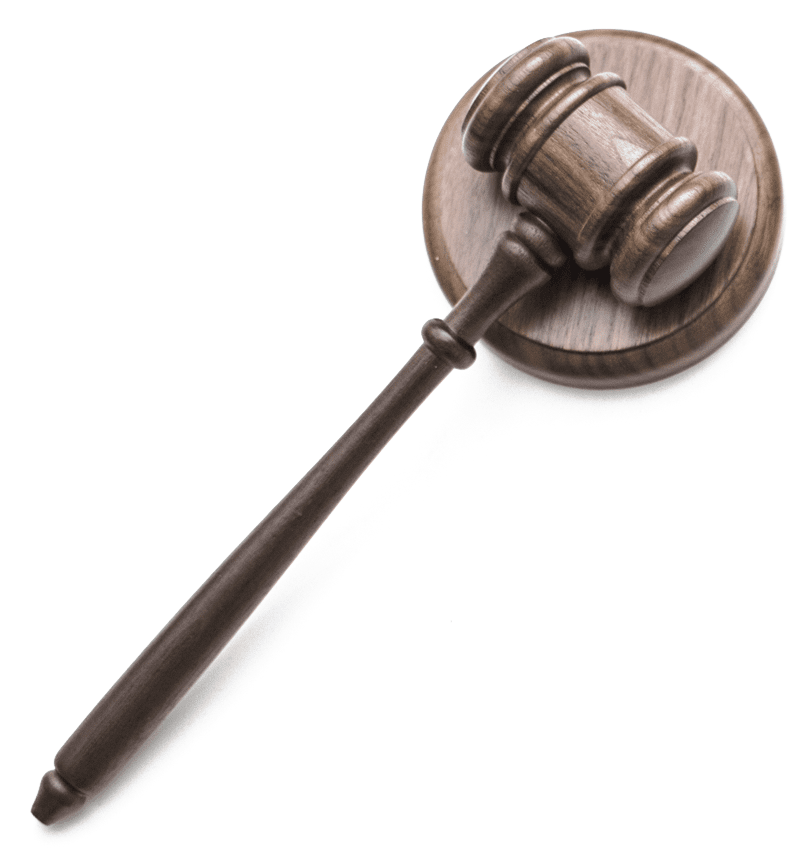Example of a probate hearing where a trustee is held accountable for lying

Trustee Lying Accountability
Here’s a fictional but realistic example of a probate hearing where a trustee is held accountable for lying:
Case Example: Estate of Margaret Thompson
Background:
Margaret Thompson passed away in 2022, leaving behind a living trust that named her son, David Thompson, as the trustee. The trust stipulated that her assets — including a $750,000 home, various investment accounts, and personal belongings — were to be divided equally between David and his sister, Angela.
The Issue:
During the probate process, Angela became suspicious after David submitted a final accounting to the probate court showing that the estate was valued at only $400,000. He claimed the house had been sold for $250,000 and that the rest of the assets had been “used to cover debts and legal fees.”
Angela filed a petition in probate court alleging trustee misconduct. She hired an attorney who discovered:
-
The house had actually been sold for $700,000, not $250,000.
-
David had deposited a large portion of the proceeds into a personal bank account.
-
He had also liquidated investment accounts without proper reporting and used some of the funds for personal expenses, including a new car and a vacation.
Probate Hearing Outcome:
At the hearing, the judge found substantial evidence of fraud, breach of fiduciary duty, and self-dealing. The court took the following actions:
1. Removed David as trustee.
2. Ordered a forensic accounting of all trust assets.
3. Ordered David to repay over $300,000 to the trust.
4. Referred the case to the District Attorney for potential criminal charges (embezzlement and fraud).
5. Appointed a neutral professional fiduciary to serve as the new trustee.
Key Takeaways:
-
Trustees have a legal duty to act in the best interests of the beneficiaries.
-
Lying or concealing information from the court or beneficiaries can lead to serious legal consequences, including removal, civil penalties, and criminal prosecution.